Innovation has the power to do it, and previous GCA winners prove it. Already, several past winners are used by, or in collaborations with, global brands and businesses to transform the entire textile industry.
Below you get an overview of our GCA winners through the year.
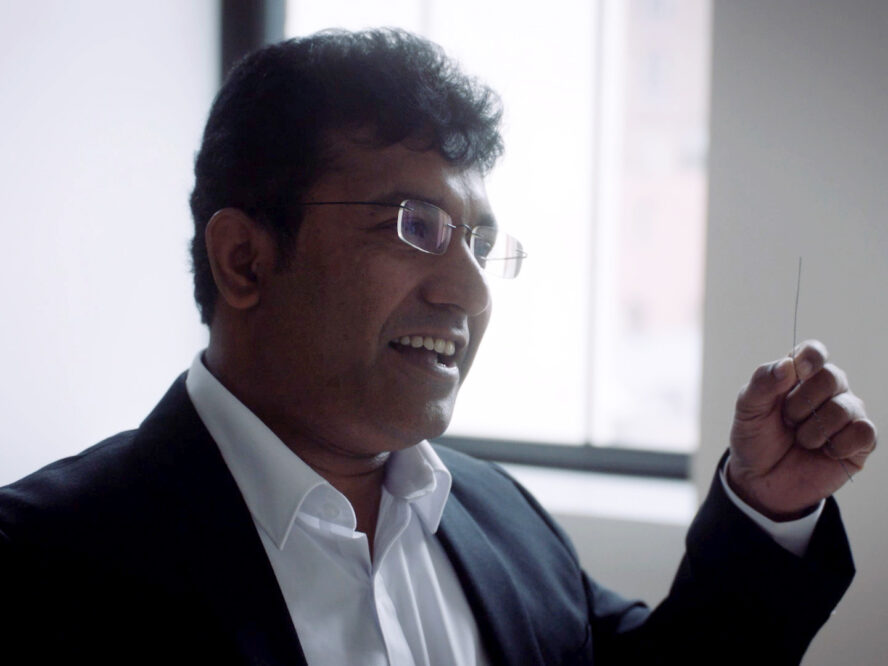
Adetex
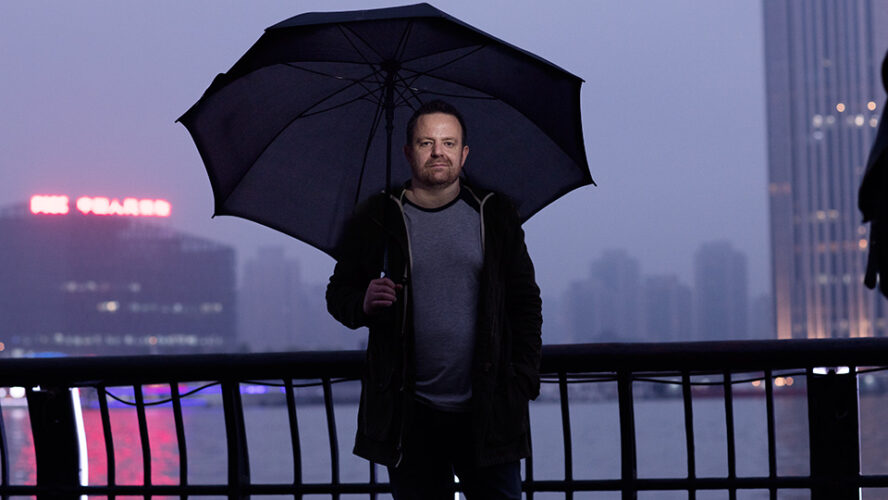
Algae Fabrics
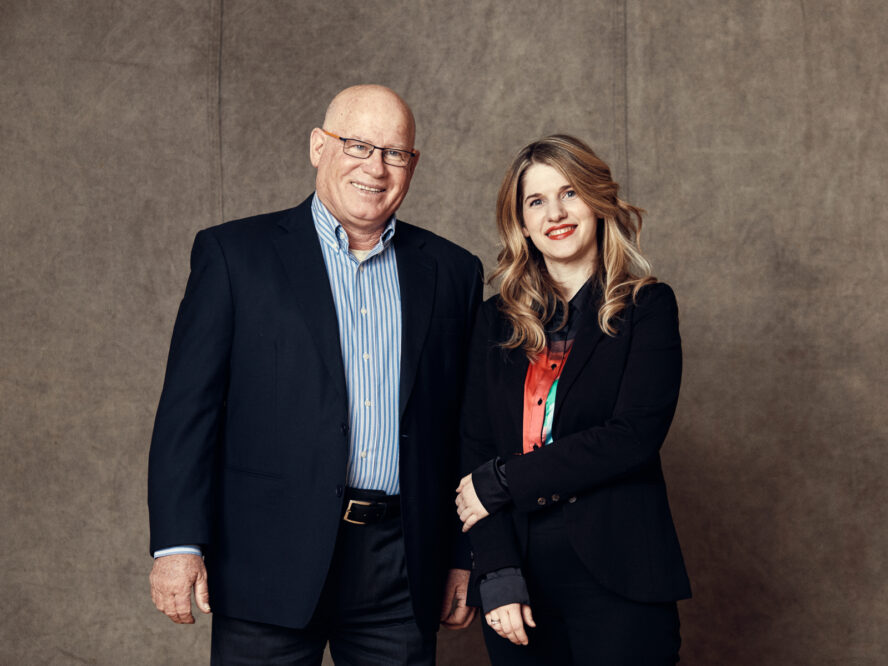
Algaeing
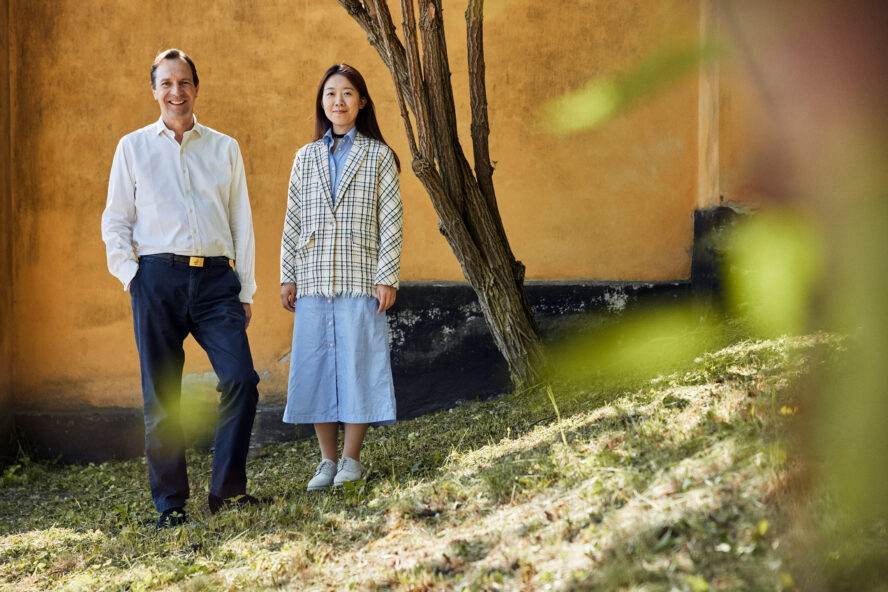
Algreen
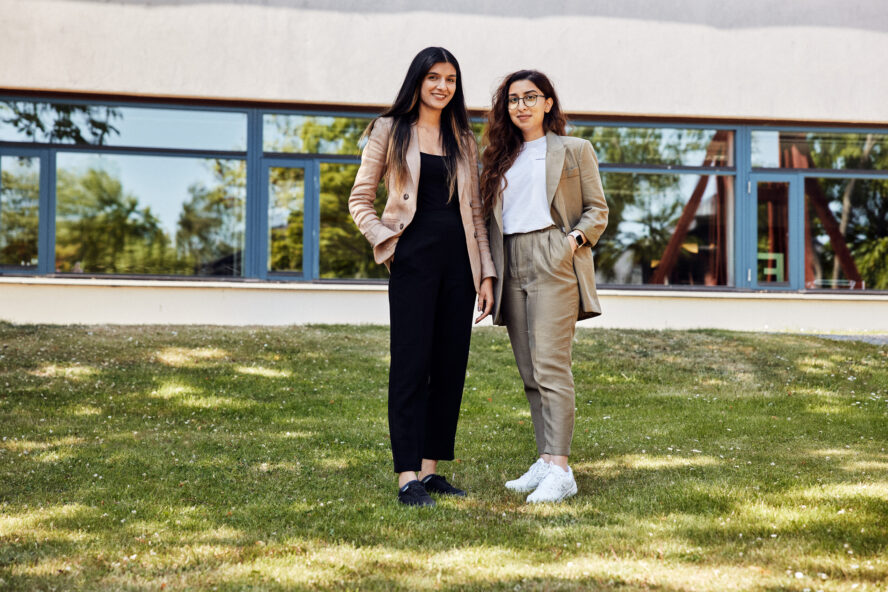
ALT TEX
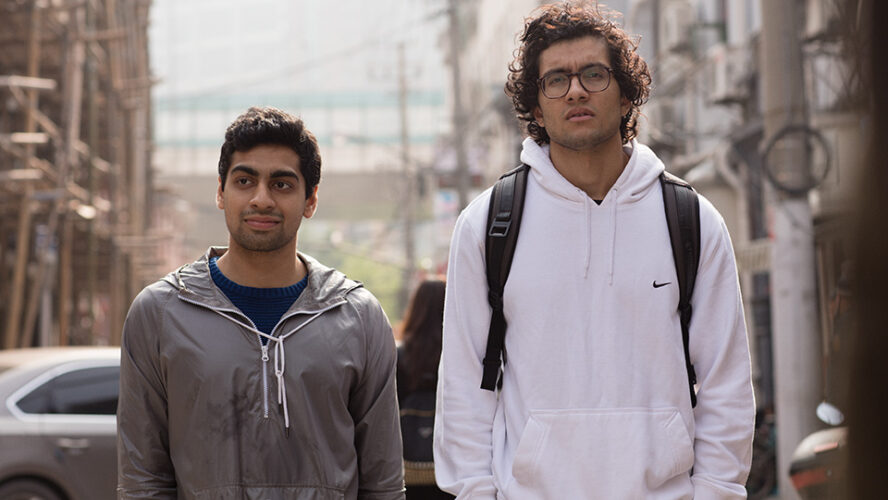
Ambercycle
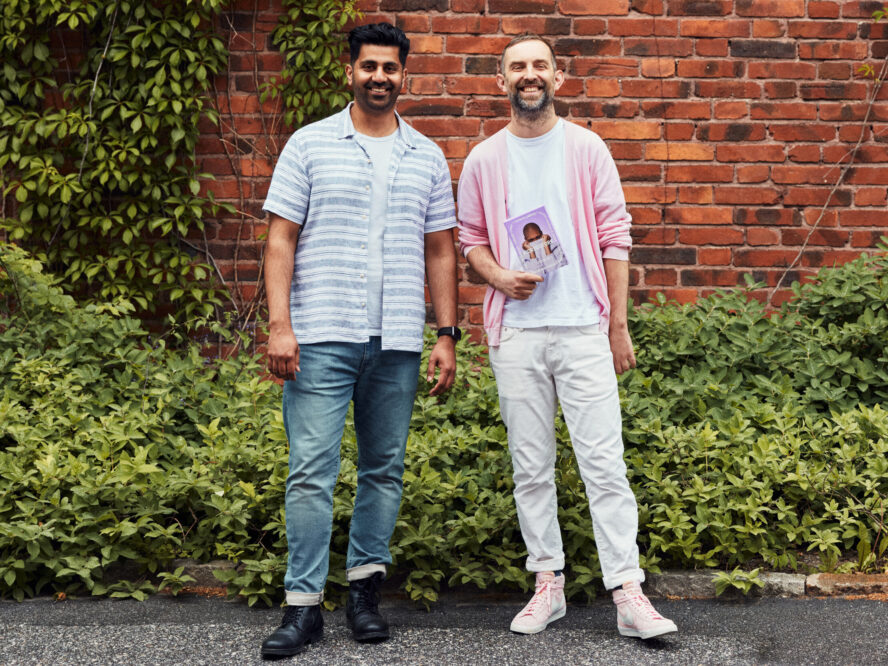
BIORESTORE
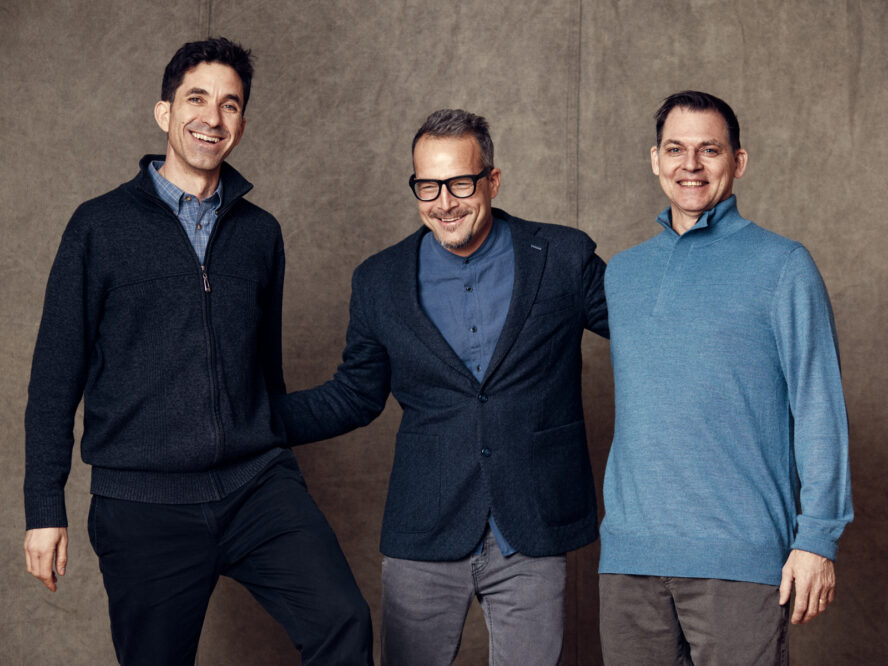
Circular Systems
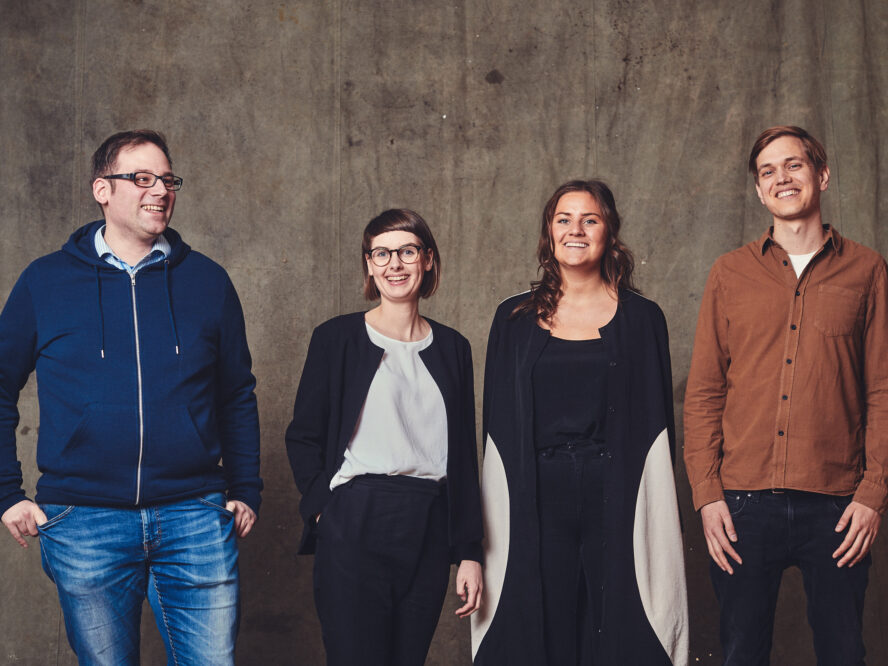
circular.fashion
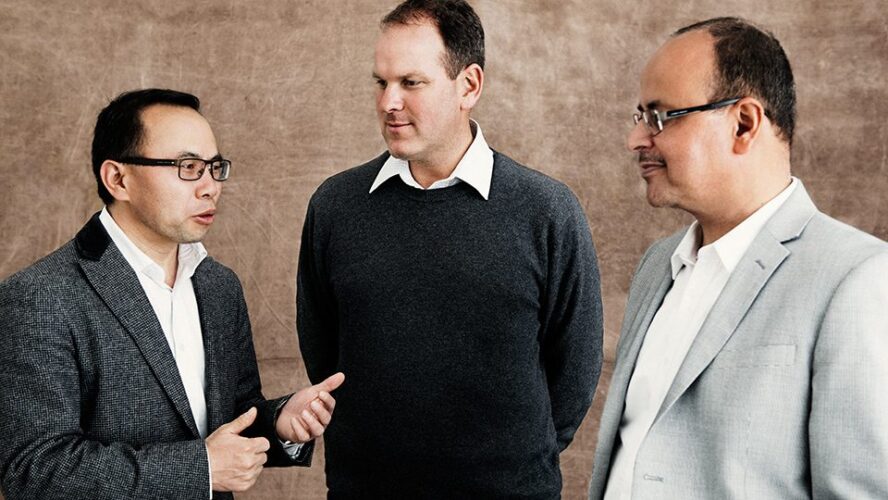
Deakin University
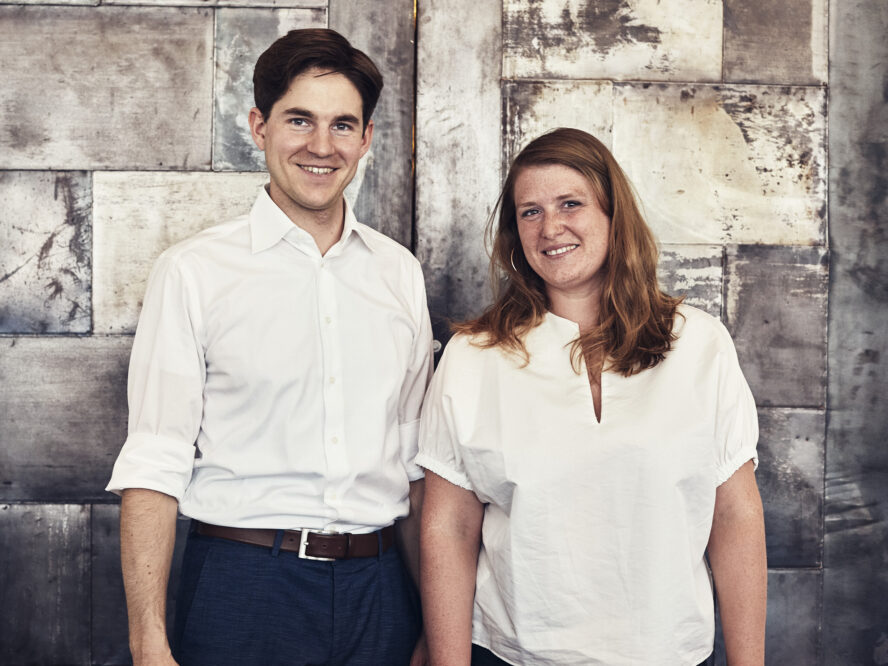
dimpora
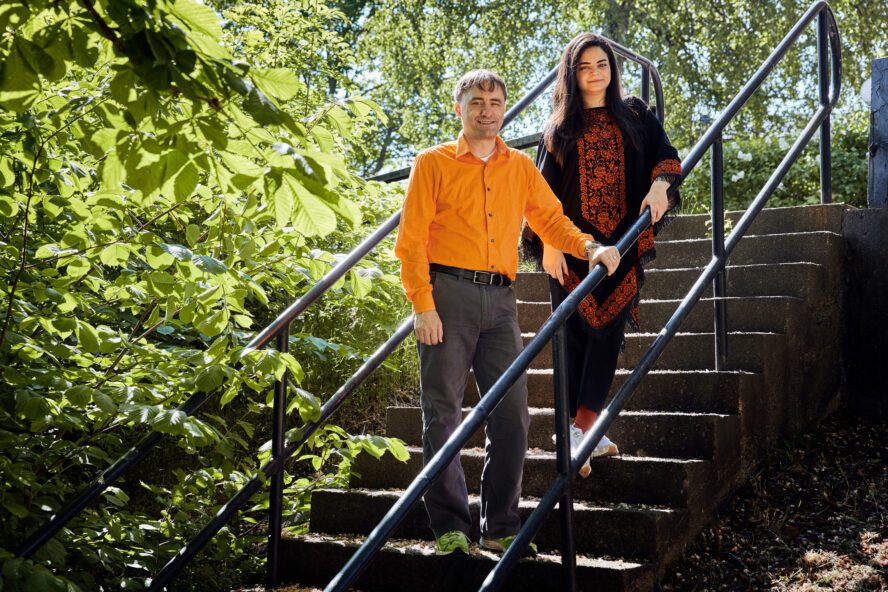
DyeRecycle
We couldn’t find any matching winners. Please try a different filter.